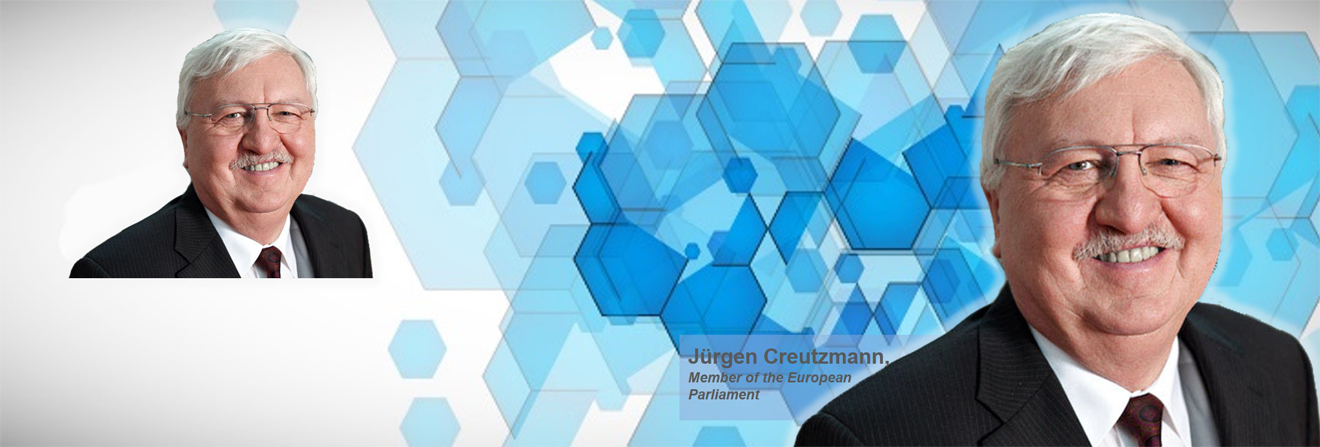Questions to Jürgen Creutzmann, Member of the European Parliament
The European Commission recently announced its Connected Continent policy proposal, focusing on roaming and network neutrality – at least in the latter case an ambigious term. Netopia asks members of European Parliament who took part in the plenary debate on the proposal about their view. This week is Jürgen Creutzmann (ALDE).
Per Strömbäck: Is transparency of subscription terms by telecom carriers a reasonable implementation of net neutrality? (Should they be allowed to discriminate against for example Voice over IP-services as long as they inform subscribers?)
Jürgen Creutzmann: Net neutrality is a subject where we have to strike a balance between diverging interests. Of course, we all want an open internet for our citizens and business, especially innovative start-ups. However, we cannot completely ignore the telecom carriers’ concerns about services that compete with their core services such as telephony and messaging. Ultimately it is the carriers who make the necessary investments in the networks. Therefore, I think we need to allow for new business models that ensure future investment while preserving the open nature of the internet.
Personally I am against the blocking or throttling-down of legal services such as IP telephony or video streaming offers. I think the Commission has tried to find a compromise in still allowing carriers to provide better quality offers for certain services whilst this may not impair the general service quality. Certainly, the devil lies in the details as one has to define a level of general quality of internet access.
In my view, by explicitly integrating net neutrality provisions, the Commission has gone further than it would have necessarily had to. In the past, we have seen examples where consumers have flocked to alternative providers when they were dissatisfied with access limitations. Transparency as regards the access terms and easier switching could significantly empower users and could result in more competition on the markets.
PS: How do issues of illegal and/or harmful content relate to net neutrality?
JC: As I have said before, our aim is to have an open internet for all. Net neutrality should apply to all legal offers online. Nevertheless we need to be able to deal with illegal content, too. Blocking of websites is in my view no solution and the German liberals have traditionally spoken out against this approach. However, there need to be ways to swiftly take down illegal content subject to due process, of course.
Per Strömbäck
Editor Netopia

